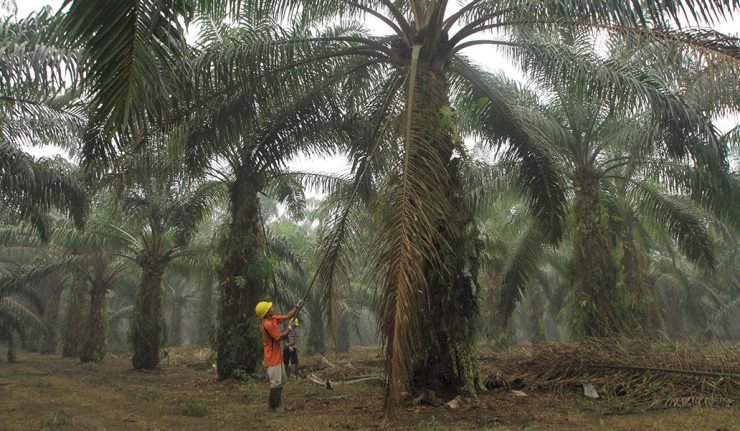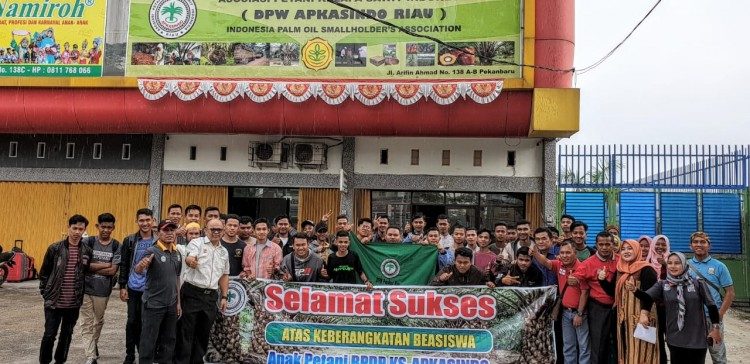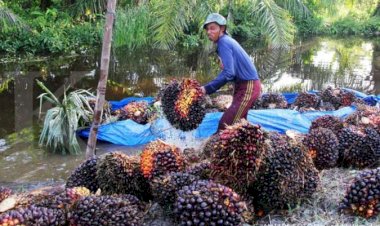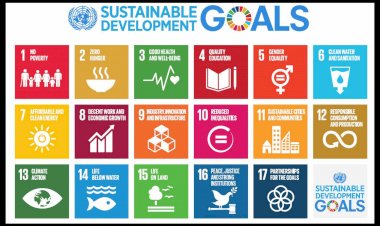Govt to Set Out Palm Oil Export Strategy to Anticipate Impact of COVID-19
Indonesian Ministry of Agriculture is working on new strategies to improve palm oil export by eyeing other market in anticipation of slow export to China amid COVID-19 outbreak.

JAKARTA--Indonesian Ministry of Agriculture is working on new strategies to improve palm oil export by eyeing other market in anticipation of slow export to China amid COVID-19 outbreak.
The Ministry said on its publication on website ditjenbun.pertanian.go.id, Friday (3/4/2020), that the government had responded the global slowdown precipitated by the COVID-19 pandemic. The ministry was considering alternative markets for agricultural commodities to anticipate lower demand, especially from China which is Indonesia’s major export destination for agricultural commodities in 2020. The commodities include palm oil, coconut, cacao, rubber, coffee, tea, pepper, nutmeg, clove, and cinnamon.
Strategies to be applied in a plan would include:
- To continue lobbying with new trading partners, as well as to look for ways for direct export for commodities that are currently re-exported from China.
- To continue lobbying on import tariff with several countries that provide easiness in bilateral trade deals such as for sugar, vanaspati ghee, etc.
- To continuously improve quality, brand image, and products availability.
- To strengthen trade partnership in order to improve market access by optimizing rule of Indonesian representatives abroad; accelerating implementation of trade deals (FTA or PTA) as well as developing new deals.
- To increase domestic consumption such as by implementing B30 program for CPO, rubberized asphalt for rubber, as well as to increase coffee, palm sugar consumption, etc.
- To optimize information and communication network services in the relation of business-to-business (B to B) and government-to-goverment (G to G).
According to Director General of Plantations at the Ministry of Agriculture Kasdi Subagyono, these measures were designed to implement direction by Agriculture Minister Syahrul Yasin Limpo demanding that agriculture sector has to be the toughest one in the economic downturn.
“We are not focusing only on increasing production but also seeking alternative export markets,” Kasdi said as quoted by Infosawit.com. ***


































